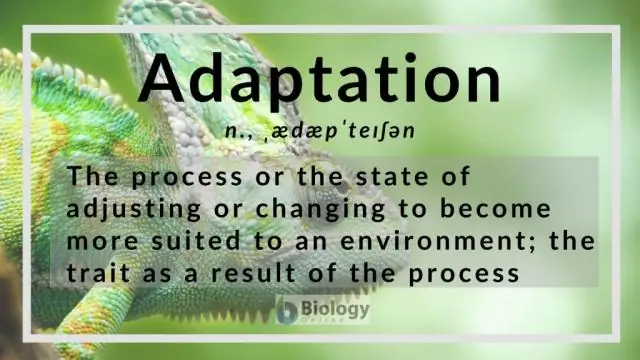- Author Rachel Wainwright wainwright@abchealthonline.com.
- Public 2023-12-15 07:39.
- Last modified 2025-11-02 20:14.
Hemiplegia
Hemiplegia (hemiplegia; Greek hemi- - semi-, one-sided, half + plege - defeat, blow) - one-sided paralysis of the muscles of the body.
Types of hemiplegia:
- Alternating (alternans; synonym: alternating paralysis) - hemiplegia of the extremities, observed on the side opposite to the pathological focus; on the side of the focus is combined with damage to the cranial nerves;
- Flaccid (flaccida) - proceeding with a decrease in muscle tone; develops, as a rule, due to unilateral damage to the anterior horns of the spinal cord, localized at the level of the lumbar and cervical thickenings, or damage to the structures of the brain stem that stabilize muscle tone;
- Ipsilateral (ipsilateralis; synonym: homolateral hemiplegia) - central hemiplegia observed on the side of the pathological process; it is noted with damage to the spinal cord located at the level of the upper cervical region;
- Hysterical (hysterica) - characterized by the absence of changes in reflexes and violations of muscle tone; observed with hysteria;
- Cross (cruciata; synonym: cruciate hemiplegia) - a combination of central paralysis of one leg and the opposite arm; it is noted with unilateral lesion of the medulla oblongata, located at the level of the intersection of the pyramidal pathways;
- Spinal (spinalis) - hemiplegia of the extremities, observed on the side of the pathological focus located in the lateral cords of the upper cervical spinal cord with damage to the pyramidal pathways;
- Central (centralis; synonym: spastic hemiplegia) - proceeding with pathological reflexes, hyperreflexia, increased muscle tone, is noted with unilateral lesion of the pyramidal pathways.
Found a mistake in the text? Select it and press Ctrl + Enter.






